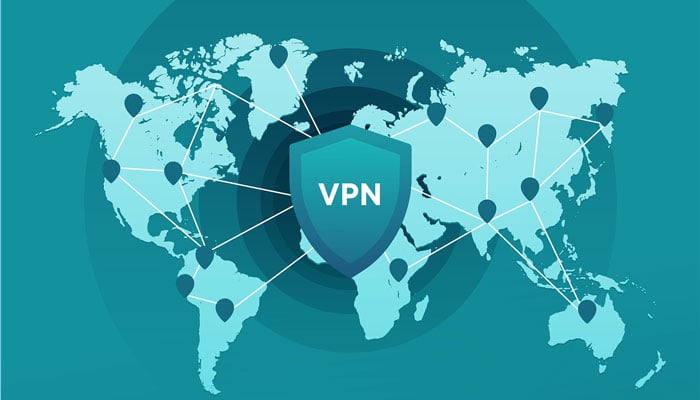
In a significant move towards tightening internet regulation, the government conducted a six-hour trial on Sunday, blocking over two dozen virtual private networks (VPNs) nationwide.
According to a report published in The News, the temporary shutdown, implemented from 4pm to 10pm, marked the first time a government firewall has had such a noticeable impact on internet users across the country.
This experiment affected both premium VPN services and local VPNs, causing disruptions for users who rely on secure, private networks to bypass restrictions or safeguard data.
“The trial blockage of over 20 VPNs at once was successful, although our current infrastructure struggles to handle the load,” an insider told the publication, revealing challenges in sustaining such controls.
The temporary block was lifted following backlash from the business community, which depends on VPNs for secure communication. Many businesses, including IT firms, software houses, freelancers, and banks, voiced concerns over losing secure channels, prompting authorities to resume access. Looking ahead, unregistered VPNs may face blocks as the government aims to enhance firewall capacities and enforce tighter controls.
Earlier in September, as rumours of impending VPN restrictions circulated, the Pakistan Telecommunication Authority (PTA) denied immediate plans to impose blocks, though it urged businesses to register their IPs for uninterrupted VPN access. The registration process requires applicants to outline their intended use and specify business activities.
VPN usage in Pakistan has surged in recent years, particularly for accessing restricted content. For example, citizens have used VPNs to access X (formerly Twitter), which has been banned in the country for months. The government has stated it will not lift this restriction until X formally registers within Pakistan.
The trial of the new firewall highlighted technical challenges, including significant internet slowdowns during the test period. As the government considers further implementation, officials are now exploring technical adjustments to balance regulatory efforts with minimal disruption to internet speed and accessibility.
















